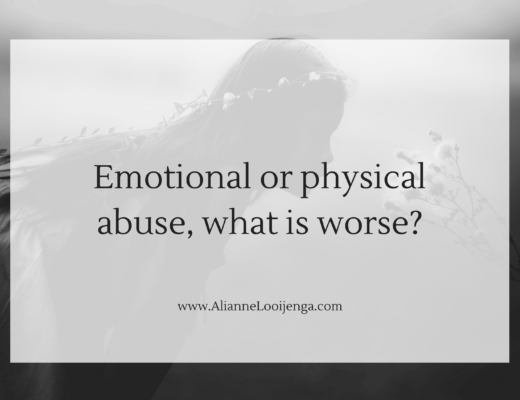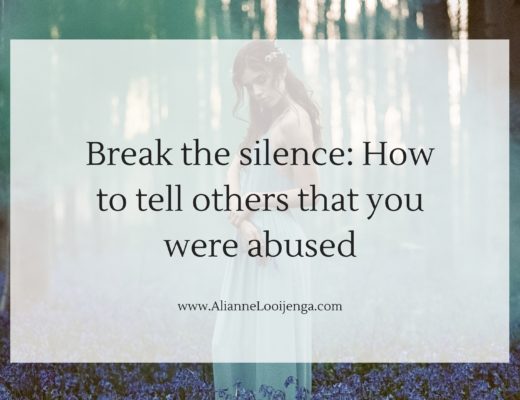Personal boundaries or guidelines are the rules we set for ourselves in relationships, friendships, and for ourselves as individuals.
They protect what we value, our personal identity, and is something we can hold on to when we face difficulties or they can be something to rely on while bouncing back. Boundaries are the guidelines for you to discover what is acceptable in your life and what is not. But after a period of abuse where your personal boundaries have been (repeatedly) trespassed, ridiculed, and broken, it can be hard to figure out what exactly your personal boundaries were or are. Because while you are figuring out who you are as a person after the trauma, your values might have changed.
It is important to discover, set, and protect your personal boundaries because otherwise people can take advantage of you:
“If you don’t build your dream, someone else will hire you to help them build theirs.” –Dhirubhai Ambani
Or as I always say;
“If you don’t know what your personal rules and values are, others will sculpt you into theirs.”
It is needless to say that if you are sculpted into the rules and values of others, then you will lose or forget your identity, resulting in unhealthy relationships.
But how do you create a set of guidelines?
Again, it comes down to self-awareness.
Feel and think about your beliefs, your values, and your goals and write six moments where you felt good while in contact with another person, and six moments when you didn’t feel comfortable.
Then by reviewing those moments, you can create your own set of personal rules.
For example:
“Nobody has the right to ridicule or trespass my feelings, emotions, thoughts or values.”
“I am completely acceptable and lovable the way I am at this moment.”
“I have the right to ‘not be perfect’ and I don’t expect others to be perfect either.”
“I don’t behave like others want me to; I behave in a way that feels right for me.”
“I value honesty in myself and other persons. If I discover dishonesty in myself, I will…. And if I discover dishonesty in another, I will…. “
“I choose when I have sex, how I have sex, and if I have sex at all times. I will not have sex with anyone who tries to convince me to have sex with him or her before I feel ready.”
“I want my children to let me finish and answer my sentences so I will let my children finish their sentences and answer them before I speak, too.”
I want to point out, however, that your behavior or rules should not be at the expense of another. It doesn’t help when you become overly rigid about all of your rules. Some rules are more important than others. The rules of letting my children finish their sentences are sometimes broken, and that is okay. It’s not a rule that has the most importance. But you do have to defend your core rules when the other shows transgressive behavior or damages you in any way. Those are the core rules that protect you and which should never be trespassed.
A few questions to help you get started:
- When don’t you feel confident? What does it take to make you feel confident?
- What are your boundaries in friendships, family relationships, towards colleagues and your superior, your neighbors, and strangers?
- What are your personal limits?
- Who do you want to become in life? What values do you need in order to get to that point?
- What are your goals and rules as a parent, a friend, a child, a brother or as a sister?
If you notice that something is bothering you, pause for a moment and think: “what is bothering me about this conversation/situation/person?” Alternatively, if you can handle it, you can think of a difficult time in your life. What rules were broken at that time?
Keeping your boundaries and values in mind, and practicing them every day, makes them part of who you are, a part of your identity, a safety system.
Another person can try to force you into his or her beliefs but because you have created boundaries, which are the spine of your (well) being, you will more actively say: “No, those are my values and boundaries.”.




No Comments